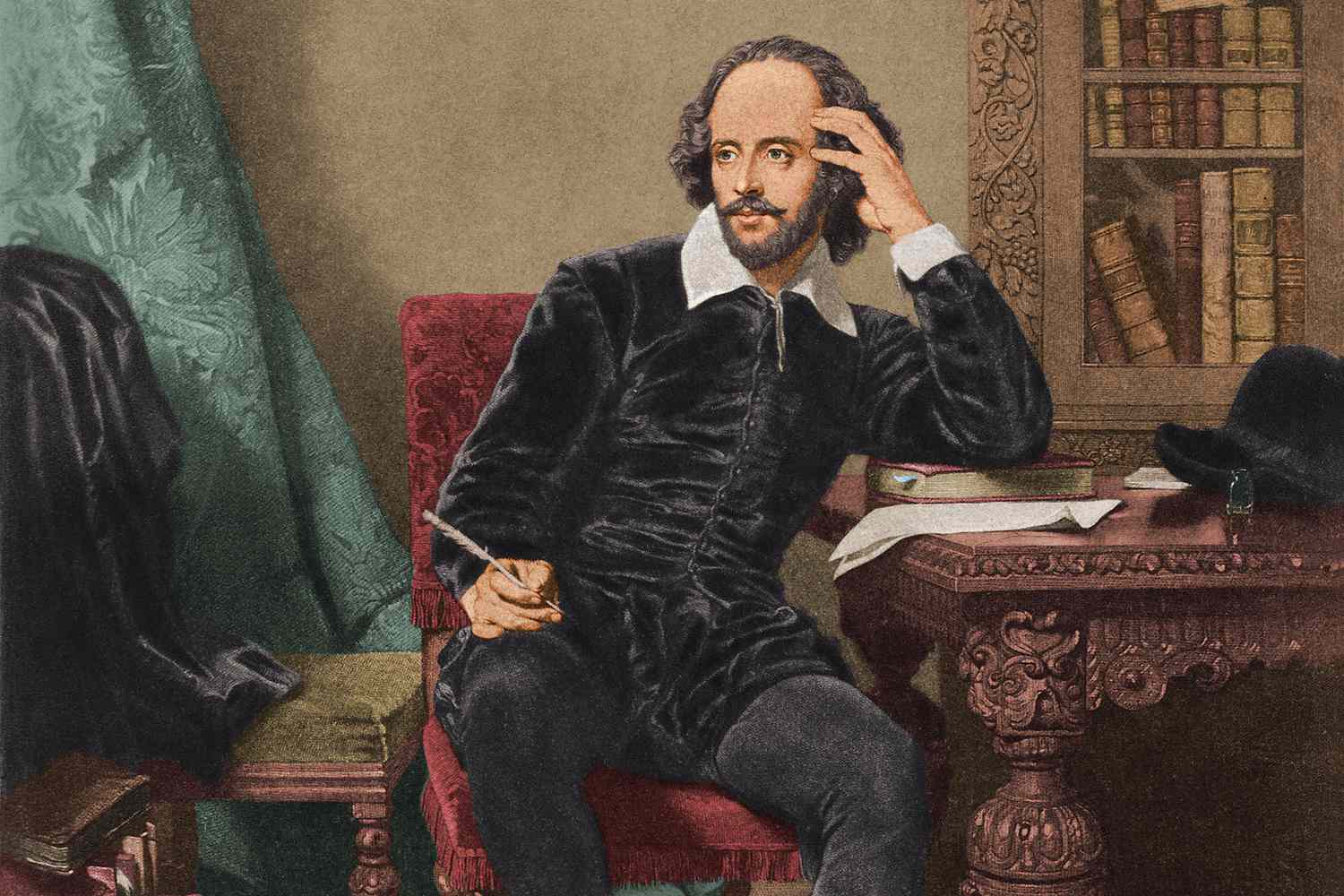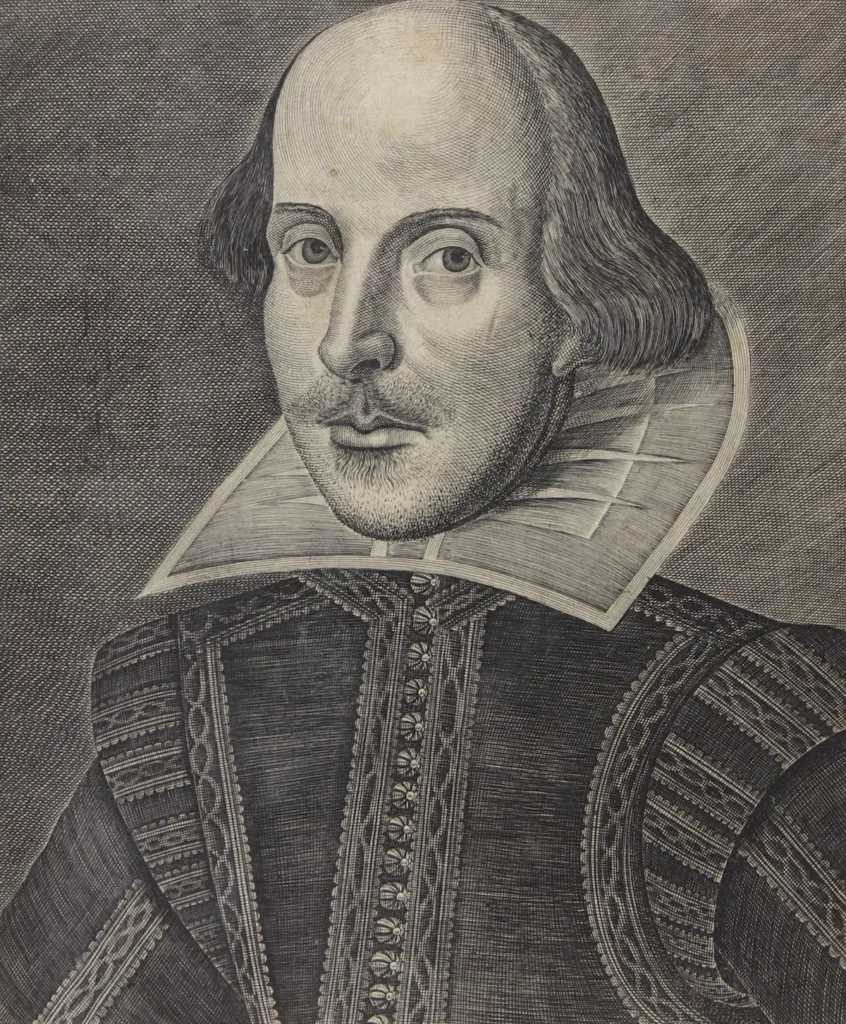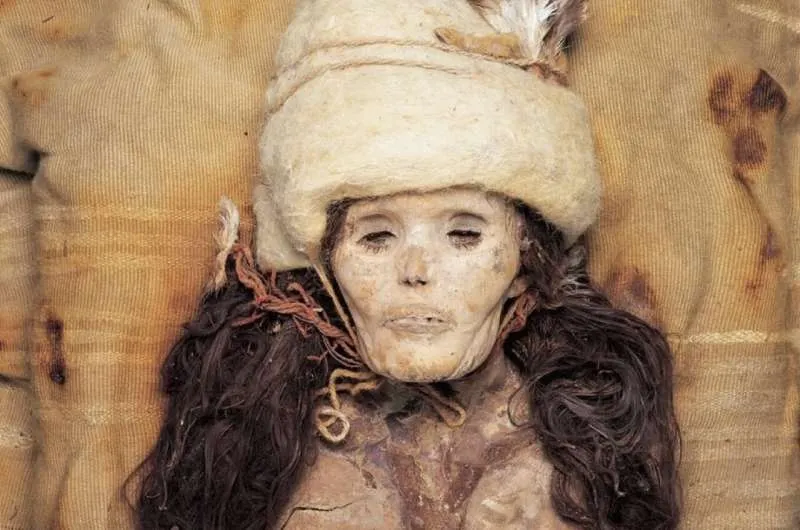Shakespeare’s Lost Years: Unraveling the Mystery of the Bard’s Vanishing Act

Introduction: The Greatest Literary Mystery of the Renaissance
William Shakespeare, the most celebrated playwright in the English language, left behind an astonishing literary legacy—but also one of history’s greatest biographical puzzles. Between 1585 and 1592, there is virtually no documented evidence of his whereabouts or activities. These seven mysterious years are famously dubbed “The Lost Years.” Despite centuries of scholarship, historians can only speculate about what Shakespeare was doing during this crucial period of his life—between leaving his hometown of Stratford-upon-Avon and emerging in London’s theatrical scene.
This long brief article explores the historical context, theories, rumors, and clues surrounding Shakespeare’s Lost Years, shedding light on what might have shaped the man who would become England’s literary giant.
1. The Early Years: Shakespeare Before the Disappearance
William Shakespeare was born in 1564 in Stratford-upon-Avon to John Shakespeare, a glove maker and alderman, and Mary Arden, a landowner’s daughter. He attended the local grammar school, where he likely studied Latin, classical literature, and rhetoric—an education that formed the foundation for his later work.
In 1582, at age 18, he married Anne Hathaway, a woman eight years his senior. Their first daughter, Susanna, was born in 1583, followed by twins Hamnet and Judith in 1585.
Then the trail goes cold.
2. The Vanishing Begins: 1585 to 1592
After the baptism of the twins in 1585, no definitive records exist of Shakespeare’s life for seven years. He reappears in 1592 when playwright Robert Greene mocks him in a pamphlet, referring to him as an “upstart crow” in the London theatrical world—evidence that Shakespeare was already active and known as a playwright by then.
So where was he in between?
3. Theories and Speculations: What Might He Have Been Doing?
Scholars and enthusiasts have proposed numerous theories, some plausible, others fanciful. Here are the most prominent:
A. Schoolmaster in the North
One widely held theory suggests Shakespeare worked as a schoolteacher in the north of England, perhaps in Lancashire, under the patronage of the Catholic Houghton family. This theory comes from a manuscript discovered in the 18th century, which mentions a “Shakeshafte” working as a tutor—possibly a misspelling or alias for Shakespeare.
Proponents argue that this could explain his knowledge of classical literature and rhetoric, as well as his later access to courtly and aristocratic circles.
B. Actor or Apprentice in a Touring Theatre Company
Shakespeare may have joined a travelling troupe of actors, gaining firsthand stage experience. This would explain his deep understanding of performance, stagecraft, and dramatic structure. Some itinerant companies did tour through Stratford and the Midlands during this time.
This theory aligns neatly with his later debut in London as both playwright and actor.
C. Soldier or Mercenary
Some more adventurous theories suggest Shakespeare joined the military, either serving in Ireland or on the continent. Although there’s little direct evidence for this, certain plays—Henry V, Othello, and Coriolanus—show intimate knowledge of warfare, tactics, and military psychology.
D. Legal Clerk or Law Apprentice
Shakespeare’s plays display remarkable legal knowledge, leading some to believe he may have worked in or around the legal profession. His use of legal terminology, courtroom settings, and discussions of contracts and inheritance hint at possible exposure to legal environments during these missing years.
E. Pursuit of Catholic Connections
Some suggest Shakespeare may have been involved with underground Catholic circles, possibly hiding his faith or working for Catholic households. His mother’s family was known to be Catholic, and the late 16th century was a dangerous time for Catholics in Protestant England.
If Shakespeare was connected to recusant (non-conforming) families, it might explain his silence and invisibility during this period—and possibly the ambiguity of religious themes in his later works.
F. Apprenticed to a Trade
Given his father’s background in glove-making and Stratford’s mercantile nature, some speculate he may have been learning or practicing a trade. However, this theory struggles to explain his sudden rise in London’s elite artistic circles by 1592.

4. Reappearance in London: The “Upstart Crow” and Rising Fame
By 1592, Shakespeare was active in London’s theatre scene. In a now-famous attack, playwright Robert Greene wrote:
“…an upstart crow, beautified with our feathers…”
This derogatory remark reveals that Shakespeare had gained notable success as a playwright, despite his non-university background. By 1594, his name was attached to published works like Titus Andronicus and The Rape of Lucrece, and he had joined the Lord Chamberlain’s Men, a prestigious acting company later known as The King’s Men.
This rapid ascent begs the question: how did a man from rural Warwickshire, with no university education, gain such literary and theatrical mastery in just a few years?
5. Cultural Significance of the Lost Years
The mystery of the Lost Years continues to fascinate because it cuts to the heart of the Shakespearean enigma:
- Was Shakespeare a genius nurtured in obscurity?
- Did he collaborate with hidden mentors or patrons?
- Was he a product of lived experience, rather than formal education?
The lack of documentation has allowed both scholars and conspiracy theorists to project onto these years, fueling debates about the authorship of the plays, including those who claim Shakespeare didn’t write them at all.
6. Fiction, Myth & Conspiracy
The Lost Years have inspired novels, films, and speculative biographies, some suggesting Shakespeare traveled to Italy, others proposing secret missions, religious conversions, or romantic adventures.
One of the more fringe theories suggests that Shakespeare studied in Italy, which would explain the deep knowledge of Italian geography, politics, and culture evident in plays like The Merchant of Venice and Othello.
Conclusion: The Great Unknown that Made a Legend
The mystery of Shakespeare’s Lost Years remains one of the most tantalizing gaps in literary history. Despite centuries of research, the precise details of what he did between 1585 and 1592 remain elusive. And perhaps that is fitting. The Bard of Avon, a man who captured the complexity of kings, lovers, fools, and tyrants, remains partly unknowable himself.
These hidden years—whatever he did, wherever he went—were undoubtedly formative. They may never be fully explained, but they contribute to the mythos and magic of the man whose words continue to shape the world.





